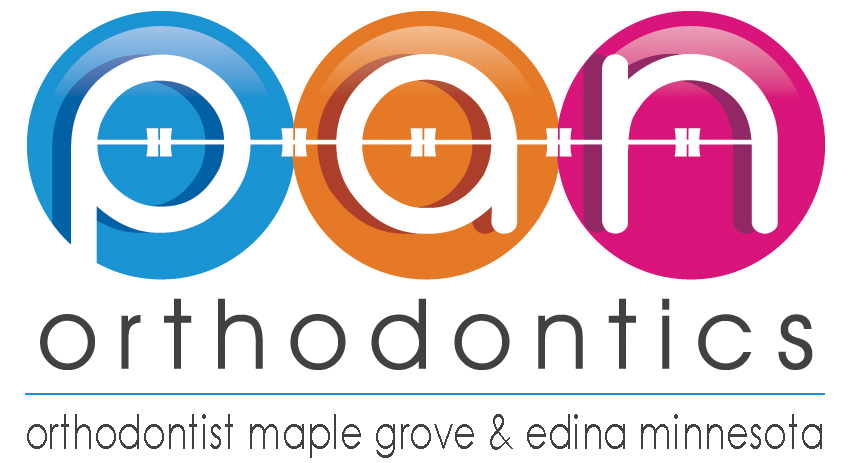Do Crooked Teeth Get Worse
As we age, our mouth changes just like the rest of our body. There are a number of reasons that your teeth may become more crooked throughout your life. Let’s take a look at some of the changes that may cause your teeth to become crooked.
Changes In The Jaw
Your lower jaw, the mandible, continues to grow forward throughout your life. As it grows forward, the mandible also shrinks in width which allows for less space for your lower teeth. Both of these changes are very slow and minute but as the years pass, your lower front teeth can begin to hit the upper front teeth causing the upper teeth to space out in the lower teeth to become more crowded. If you already have a diastema (gap) between your two front teeth, you may notice it begin to enlarge over the years.
Periodontal Disease and Grinding
Periodontal disease is the inflammation of the gum tissue surrounding your teeth. Gum disease can cause a number of problems including gum recession and bone loss. As bone loss progresses, your teeth can become mobile causing spaces between teeth and tooth rotation.
Bruxism, the unconscious clenching and grinding of the teeth, can cause your teeth to wear down prematurely and the pressure can cause teeth to shift and become crooked.
Orthodontic Treatment
Where your teeth come in is where they are most stable. Having orthodontic treatment such as braces or clear aligner therapy can give you a beautiful and healthy street smile but the follow up to orthodontic treatment is to wear retainers for the rest of your life. Without retainers, teeth want to shift back into their original position which can cause them to become crooked and crowded.
Other Causes Of Crooked Teeth
Unfortunately, simply getting older can have a great effect on the alignment of our teeth. As we get older, our lips tend to become thinner and tighter which can apply more pressure on your front teeth.
Tooth loss is also a greater risk as we age. When a tooth falls out or is extracted, the open space gives neighboring teeth somewhere to shift to which can cause gaps in other areas of your mouth. This is why dentists often recommend patients having an implant or dental bridge placed to preserve the patient's bite and smile.
Can I stop my teeth from shifting?
There actually are a number of things patients can do to reduce the likelihood that their teeth will shift and become more crowded over time.
- Oral care: taking care of your teeth and gums and visiting your dentist on a regular basis for preventative maintenance is key to keeping your mouth healthy and minimizing the chance of developing periodontal disease and possible tooth loss. It is also important that you speak with your dentist about any problems you may have with your bite and if you grind your teeth in your sleep, wear a night guard to minimize damage.
- Orthodontic treatment: Braces and clear aligners are a great wait to straighten your teeth and correct your bite. Adult orthodontia is becoming increasingly popular with the advancements and clear aligner therapy and can give patients a beautiful healthy smile!
- Retainers: After orthodontic treatment is complete, it is crucial that you continue to wear your retainers for the rest of your life. Most patients can wear them only when they sleep and you may even consider having a permanent retainer placed behind your front teeth so that you do not have to deal with a removable retainer every day!
